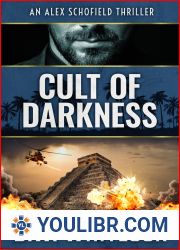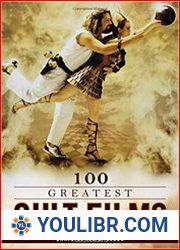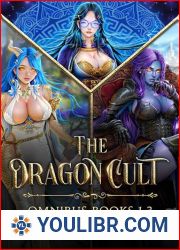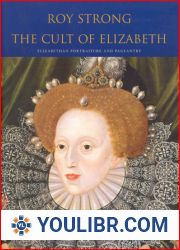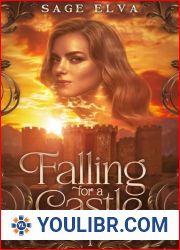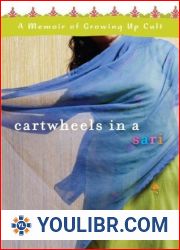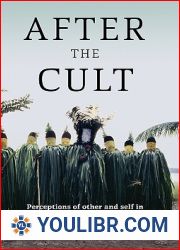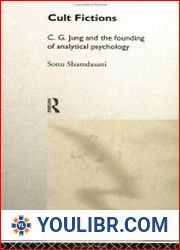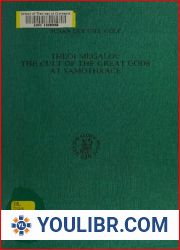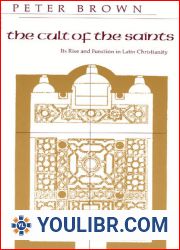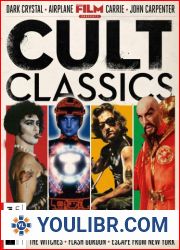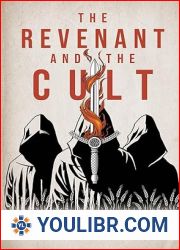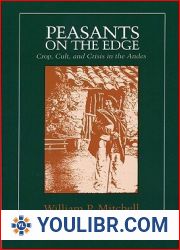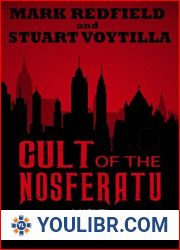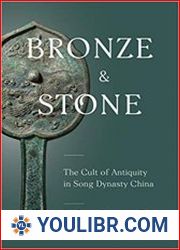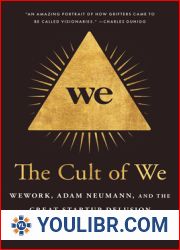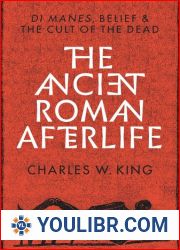
BOOKS - The Hero Cult: A Spectacle of World History That Changed Civilization

The Hero Cult: A Spectacle of World History That Changed Civilization
Author: Harald Haarmann
Year: May 5, 2021
Format: PDF
File size: PDF 9.3 MB
Language: English

Year: May 5, 2021
Format: PDF
File size: PDF 9.3 MB
Language: English

The Hero Cult: A Spectacle of World History That Changed Civilization The hero cult, a characteristic feature of Western civilization, has its roots in the milieu of Greek civilization of antiquity, with an early manifestation in Homer's epic Iliad. However, its origins can be traced back at least 7000 years to the Proto-Indo-European pastoralists in the Eurasian steppe, who began to migrate into the vast region of Old Europe. With their patriarchal structure and clear hierarchy, the Indo-Europeans from the Eurasian steppe took advantage of their warrior caste and won the fusion process with the ancient Europeans. This transformation from a peaceful egalitarian system to a patriarchal class system was gradual, occurring over generations, but it ultimately changed the course of history. One of the pre-Greek goddesses who stood out among all the other daughters of the Goddess of Old Europe was Athena. The interaction between this pre-Greek goddess and the Indo-European heroes will be highlighted in particular. The contrast between the earliest advanced culture in human history and the ideology of the cult of heroes may inspire visions for our future.
The Hero Cult: A Spectacle of World History That Changed Civilization Культ героев, характерная черта западной цивилизации, уходит своими корнями в среду греческой цивилизации античности, с ранним проявлением в эпической «Илиаде» Гомера. Однако его истоки можно проследить как минимум за 7000 лет до протоиндоевропейских скотоводов в евразийской степи, которые начали мигрировать в обширный регион Старой Европы. Своей патриархальной структурой и четкой иерархией индоевропейцы из евразийской степи воспользовались своей кастой воинов и выиграли процесс слияния с древними европейцами. Эта трансформация из мирной эгалитарной системы в патриархальную классовую систему была постепенной, происходившей на протяжении поколений, но в конечном итоге она изменила ход истории. Одной из догреческих богинь, выделявшихся среди всех остальных дочерей богини Старой Европы, была Афина. В частности, будет освещено взаимодействие между этой догреческой богиней и индоевропейскими героями. Контраст между самой ранней передовой культурой в истории человечества и идеологией культа героев может вдохновить на видения нашего будущего.
The Hero Cult : A Spectacle of World History That Changed Civilization culte des héros, caractéristique de la civilisation occidentale, prend racine dans le milieu de la civilisation grecque de l'antiquité, avec une manifestation précoce dans l'épique « Iliade » d'Homère. Cependant, ses origines remontent à au moins 7000 ans avant les pasteurs proto-indo-européens de la steppe eurasienne, qui ont commencé à migrer vers la vaste région de la vieille Europe. Par leur structure patriarcale et leur hiérarchie claire, les Indo-Européens de la steppe eurasienne ont profité de leur caste de guerriers et ont remporté le processus de fusion avec les anciens Européens. Cette transformation d'un système égalitaire pacifique en un système de classe patriarcal a été progressive au fil des générations, mais elle a finalement changé le cours de l'histoire. L'une des déesses dogmatiques qui s'est distinguée parmi toutes les autres filles de la déesse de la vieille Europe était Athéna. En particulier, l'interaction entre cette déesse dogmatique et les héros indo-européens sera mise en lumière. contraste entre la culture avancée la plus ancienne de l'histoire humaine et l'idéologie du culte des héros peut inspirer la vision de notre avenir.
The Hero Nat: Un espectáculo de la historia mundial que cambió la civilización culto a los héroes, un rasgo característico de la civilización occidental, tiene sus raíces en el entorno de la civilización griega de la antigüedad, con una manifestación temprana en la épica «Ilíada» de Homero. n embargo, sus orígenes pueden remontarse al menos 7.000 antes que los ganaderos protoindoeuropeos en la estepa euroasiática, que comenzaron a migrar a una vasta región de la Vieja . Con su estructura patriarcal y clara jerarquía, los indoeuropeos de la estepa euroasiática aprovecharon su casta guerrera y ganaron el proceso de fusión con los antiguos europeos. Esta transformación de un sistema igualitario pacífico a un sistema de clases patriarcales fue gradual, ocurriendo a lo largo de generaciones, pero finalmente cambió el curso de la historia. Una de las diosas dogreas que se destacó entre todas las demás hijas de la diosa de la Vieja fue Atenea. En concreto, se destacará la interacción entre esta diosa dogrea y los héroes indoeuropeos. contraste entre la cultura avanzada más temprana de la historia humana y la ideología del culto a los héroes puede inspirar visiones de nuestro futuro.
The Hero Cult: A Spectacle of World History That Changed Civilization Cult degli eroi, caratteristica della civiltà occidentale, prende le sue radici nell'ambiente della civiltà greca dell'antichità, con una prima manifestazione nell'epica Iliade di Homer. Ma le sue origini possono essere rintracciate almeno 7.000 anni prima degli allevatori protoindoeuropei della steppa eurasiatica, che hanno iniziato a migrare verso una vasta regione dell'vecchia. Con la loro struttura patriarcale e una chiara gerarchia, gli indoeuropei della steppa eurasiatica si sono avvalsi della loro casta di guerrieri e hanno vinto il processo di fusione con gli antichi europei. Questa trasformazione da un pacifico sistema egualitario a un sistema di classe patriarcale è stata graduale da generazioni, ma alla fine ha cambiato il corso della storia. Una delle dee dogre che si sono distinte tra tutte le altre figlie della dea della Vecchia era Atene. In particolare, si metterà in luce l'interazione tra questa dea dogana e gli eroi indoeuropei. Il contrasto tra la cultura all'avanguardia nella storia dell'umanità e l'ideologia del culto degli eroi può ispirare le visioni del nostro futuro.
Der Heldenkult: Ein Schauspiel der Weltgeschichte Das veränderte Zivilisation Der Heldenkult, ein charakteristisches Merkmal der westlichen Zivilisation, hat seine Wurzeln im Milieu der griechischen Zivilisation der Antike, mit einer frühen Manifestation in Homers epischer Ilias. Seine Ursprünge lassen sich jedoch auf mindestens 7000 Jahre zurückführen bis zu den proto-indoeuropäischen Viehzüchtern in der eurasischen Steppe, die in die weite Region des alten s zu wandern begannen. Mit ihrer patriarchalen Struktur und klaren Hierarchie nutzten die Indoeuropäer aus der eurasischen Steppe ihre Kriegerkaste und gewannen den Prozess der Fusion mit den alten Europäern. Diese Transformation von einem friedlichen egalitären System zu einem patriarchalischen Klassensystem vollzog sich schrittweise über Generationen, änderte aber letztlich den Lauf der Geschichte. Eine der vorgriechischen Göttinnen, die sich von allen anderen Töchtern der Göttin des alten s abhob, war Athene. Insbesondere wird die Interaktion zwischen dieser vorgriechischen Göttin und indoeuropäischen Helden beleuchtet. Der Kontrast zwischen der frühesten fortgeschrittenen Kultur in der Geschichte der Menschheit und der Ideologie des Heldenkults kann Visionen für unsere Zukunft inspirieren.
''
The Hero Cult: A Spectacle of World History That Changed Civilization Batı uygarlığının karakteristik bir özelliği olan kahraman kültü, Homeros'un epik İlyada'sında erken bir tezahürü olan antik Yunan uygarlığının çevresine dayanır. Bununla birlikte, kökenleri en az 7.000 yıl öncesine, Avrasya bozkırlarındaki Eski Avrupa'nın geniş bölgesine göç etmeye başlayan Proto-Hint-Avrupa pastoralistlerine kadar izlenebilir. Ataerkil yapıları ve açık hiyerarşileri ile Avrasya bozkırlarından gelen Hint-Avrupalılar savaşçı kastlarından yararlandılar ve eski Avrupalılarla birleşme sürecini kazandılar. Barışçıl eşitlikçi bir sistemden ataerkil bir sınıf sistemine bu dönüşüm aşamalı olarak gerçekleşti, nesiller boyunca gerçekleşti, ancak nihayetinde tarihin akışını değiştirdi. Eski Avrupa tanrıçasının diğer tüm kızlarından ayrılan Yunan öncesi tanrıçalardan biri Athena idi. Özellikle, bu Yunan öncesi tanrıça ile Hint-Avrupa kahramanları arasındaki etkileşim vurgulanacaktır. İnsanlık tarihindeki en eski gelişmiş kültür ile kahraman kültünün ideolojisi arasındaki karşıtlık, geleceğimizin vizyonlarına ilham verebilir.
The Hero Cult: A Spectacle of World History That Changed Civilization عبادة الأبطال، وهي سمة مميزة للحضارة الغربية، متجذرة في بيئة الحضارة اليونانية القديمة، مع مظهر مبكر في الإلياذة الملحمية لهوميروس. ومع ذلك، يمكن إرجاع أصولها إلى ما لا يقل عن 7000 عام للرعاة الهنود الأوروبيين في السهوب الأوروبية الآسيوية الذين بدأوا في الهجرة إلى المنطقة الشاسعة من أوروبا القديمة. بفضل هيكلهم الأبوي وتسلسلهم الهرمي الواضح، استغل الهندو أوروبيون من السهوب الأوروبية الآسيوية طبقتهم المحاربة وفازوا بعملية الاندماج مع الأوروبيين القدامى. كان هذا التحول من نظام المساواة السلمي إلى نظام طبقي أبوي تدريجيًا، وحدث على مر الأجيال، لكنه غير في النهاية مسار التاريخ. كانت أثينا واحدة من آلهة ما قبل اليونان التي برزت عن جميع بنات إلهة أوروبا القديمة. على وجه الخصوص، سيتم تسليط الضوء على التفاعل بين هذه الإلهة ما قبل اليونانية والأبطال الهندو أوروبيين. يمكن للتناقض بين أقدم ثقافة متقدمة في تاريخ البشرية وأيديولوجية عبادة البطل أن يلهم رؤى مستقبلنا.







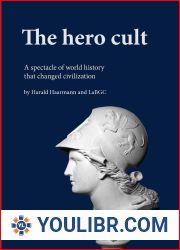
 49
49  3 TON
3 TON

